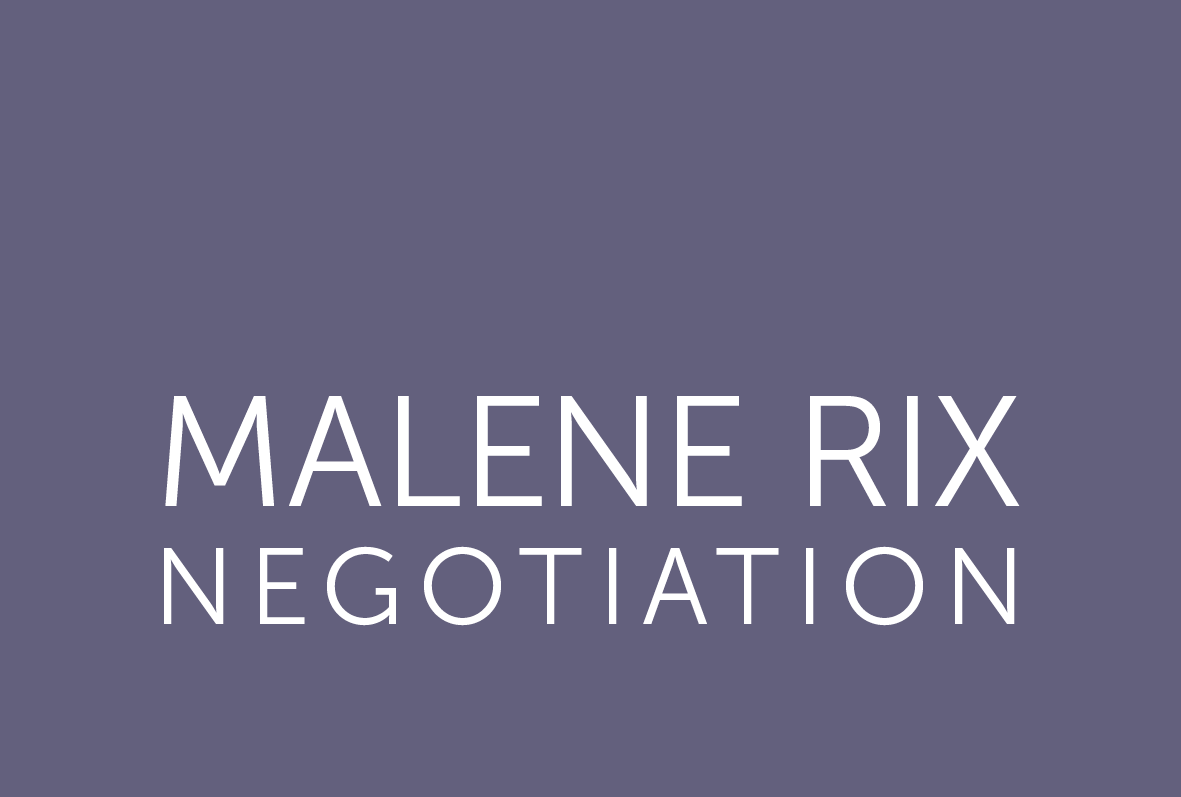11 mar Effective Salary Negotiations
Effective Salary Negotiations
Prepare yourself to deal with the unexpected
Listen to the blog
Hopeful beginnings
Janice had a plan. She felt a pressing need to negotiate the terms of her employment and had thought long and hard about how to do it. She had asked her boss for a meeting – the first formal negotiation after she had been taken on. And he had agreed. So she was hopeful. She told me that she had even begun to enjoy preparing for it. “I have a really great relationship with my boss, we work very well together and when we discuss things it is always both informal and constructive”. Janice is an architect and specializes in helping home-owners renovate and renew their houses. The company she works for supplies the furniture and the builders needed, so her expertise is part of a package-deal.
Starting out
When she started her job, Janice, as part of her initial negotiation, landed a deal where she works part-time and has great flexibility. This suited the company well, as they did not need a full-time architect and initially preferred to just acquire the help they needed on a free-lance basis. Hiring Janice was an experiment, and so her wages were set fairly low. For Janice this was fine – what she wanted was to get to work and have a stable income, while building up a brand of her own within the framework of a company with an established and fairly large customer-base. So, for a number of years, everyone seemed to be happy, and Janice slowly but surely built her independent reputation as an architect, adding a long list of satisfied customers to her CV.
Increasingly valuable
“I have been really grateful for the opportunity to build a business for myself in the flexible framework of the company. A lot of people have suggested I start my own business, but I know for a fact, that I wouldn’t be happy doing that.” The reason people started suggesting she go solo, was that it became increasingly obvious, that she was a major asset to the company, but also that this was at odds with her terms and conditions that no longer reflected this. “It got me thinking that the value of my work is probably higher than I have been used to thinking.” Well, she thought, then it must be time to negotiate! When we talked about what her demands might be, we discovered that she had not become used to thinking about herself as a valuable asset to the company. This a classic situation: when we start a job on modest terms – in order to ‘get a foot in the door’ – it can have the long-term effect of making us more modest in our negotiations. It can be hard to shake the feeling that someone has done us a favour, so when it comes to negotiating new terms, asking for more would seem ungrateful or even greedy.
Looking forward
Having thought long and hard about it, Janice finally had a proposal ready that reflected what she really wanted to change and improve in her contract. Her wages definitely had to improve, but she also needed a range of professional training and upgraded computer-based tools to make her even more effective in her work. Finally, she also wanted her work to become more visible in terms of promoting her as a brand within the company brand. So far, so good. Janice had done the right thing in preparing her boss and asking for a negotiation, and making sure that her proposal was ambitious and reflected a range of improvements all of which meant a lot to her. “I’m really looking forward to the meeting!” she said with a big smile when she told me of her plans.
A bumpy ride
Fast forward a couple of weeks, and a very serious looking Janice sat down to tell me how it all went. “I think I did all the wrong things….it didn’t go at all as I planned, but strangely I got more or less what I wanted….” Analysing her process, we discovered what is always the case: negotiations never follow a neat, pre-planned process. Circumstances, people, feelings get in the way and it is almost always a bumpy ride, especially when we negotiate on our own behalf. But what is the point of preparing, then? The most important part of our preparations to negotiate for ourselves is negotiating with ourselves, finding out what we would really, really like to come true. Doing this groundwork will make it easier to navigate an unpredictable process, it will be the steady core we can refer to and work from.
Getting emotional
At the planned negotiation meeting with her boss, Janice was first put off when he very quickly referred her to the company CFO instead of taking care of the negotiation himself. Janice had a more strained relationship to the CFO, not least because it seemed to Janice, that he saw it as his most important job to keep costs at a minimum, and his standard response to any requests Janice had made in the past had always been a clear ‘no’. And true to form, his response to her ambitious proposal was a no. To begin with. Janice looked at me with an apologetic shrug: “And then I got really angry and started telling him, that I had been paid too little for too long and that it wasn’t fair and that it is really important to me to get my name connected to my work, to build a brand….” She thought she had made a great mistake by losing her temper, especially because she had envisioned a completely different process. And to top it off; she also felt really sore about having lost her temper at all – both because it felt uncomfortable in itself and because it seemed unprofessional and far from the cool and creative process she had imagined for the negotiation with her boss, and which in general she likes herself for mastering.
Threats or merely the facts?
As it happened, the CFO had listened to her, and out of the blue he said, almost as if thinking aloud: “I suppose you could just go somewhere else and build a brand, if you wanted to….” Janice did not have to say anything in response, her strong emotion was a clear signal to the CFO that she was serious about her demands and that, indeed, she did have other options. It seemed like a veiled threat, and it would have been, had Janice herself brought it up as the alternative to getting what she wanted. But it was also just a fact, and in stating it plainly and openly, the CFO recognized the price the company would pay if she ended up being too frustrated with the deal and left the company. The fact that she had spent some serious time considering what she really needed and wanted in order to continue her work with the company, made her both more robust and more genuine
Navigating difficult waters
The more time we spend negotiating with ourselves and finding out what would work for us and make us happy, the better we can deal with the unexpected, because we have a foundation for our negotiation. It helps us keep a focus on how to get what we want, rather than doubting whether we deserve anything at all. Having thought about her alternatives strengthened and focused Janice’s negotiation, and even her emotional display served to underline the seriousness of her demand. Perhaps it was not a textbook constructive process with a curious and creative conversation about how to make a better deal – but then, it rarely is! And Janice’s homework paid off: she managed to navigate the rocky waters that salary negotiations often are.
Results
Janice got an increase in salary. Not the full amount she asked for, but enough for the time being along with a promise of more to come. She got the go-ahead to promote herself as a separate brand and even got the computer programs and the training she had asked for. And perhaps most important of all: she found out that a negotiation can be fruitful even though we have to negotiate with someone with whom we do not have a particularly positive relationship. The one person we do need to have a good relationship with is ourselves.

